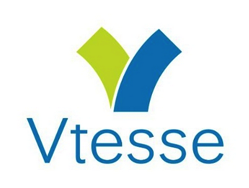
Vtesse, Inc. a company committed to developing drugs that will benefit patients with extremely rare, life-threatening diseases, announced today that it has secured $17 million in additional Series A funding in support of its global, pivotal clinical trial of VTS-270 for Niemann-Pick Type C1 disease (“NPC”).
All Series A investors contributed to the financing extension, including Alexandria Venture Investments, Bay City Capital LLC, Lundbeckfond Ventures, New Enterprise Associates (NEA), and Pfizer Venture Investments. Together with proceeds from the original Series A announced in January of 2015, Vtesse has raised a total of $42 million to fund development of its lead product to treat NPC.

WellDoc’s $29.5 million funding round made a splash earlier this year. A Samsung-led initial close of $22 million was only bolstered by another $7.5 million and a new partnership with Johnson & Johnson.
Following the deals, the company sought out executives with healthcare business experience, said CEO Kevin McRaith. Execs hired in the first half of 2016 include:
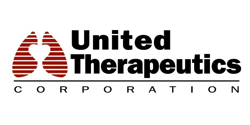
Martine Rothblatt has made no secret of her goal to move beyond the pharmaceutical business model that made her first foray into the biotech world — United Therapeutics Corp. (NASDAQ: UTHR) — a striking success.
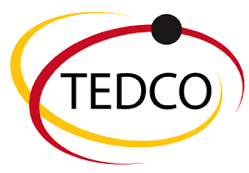
The Maryland Technology Development Corp. is giving a total of $800,000 in investments to four biotech companies.
Each of the firms will receive a $200,000 grant through TEDCO's Life Science Investment Fund. The fund was created to help give startup companies in life sciences fields a chance to have their technology validated by the U.S. Food and Drug Administration, and to help further develop the product.

Rumors of staff cuts from AstraZeneca’s ($AZN) MedImmune biologics arm are part of previously stated changes and a deeper focus (and a larger cash pile) for its oncology research.
Rumors have been growing that AZ was axing staffers at MedImmune over the past week, but the Big Pharma tells FierceBiotech that this is part of the course originally announced back in its Q1 update in the spring.

Another month, another blockbuster deal in Boston-area real estate.
Alexandria Real Estate Equities has an agreement to buy the eight-acre One Kendall Square complex for $725 million, and it plans to add another building to the nine-building campus of office and lab space, the company disclosed in a securities filing. The complex includes the Kendall Square Cinema and several restaurants in addition to the office buildings.

When: July 28th 5:00 p.m. to 7:00 p.m.
Where: BRI 9410 Key West Ave Rockville, MD 20850
Join BioBuzz and July Co-Sponsors BRI and Azzur IT, as we visit BRI's offices and labs at their new location in Rockville on July 28th. Biomedical Research Institute (BRI), a 501 c 3 non-profit company, which focuses on the development of diagnostic and vaccine solutions to Schistosomiasis, a parasitic disease that impacts sub-Saharan Africa, Brazil and rural Asia where 800 million people live and over 200 million people are infected.

Three Johns Hopkins BME-associated medical technology companies have been selected by the Maryland Technology Development Corporation (TEDCO) Life Science Investment Fund for financial investment. TEDCO’s Life Science Investment Fund is specifically designed for companies that are beyond the technology validation stage and further along in product development. They invest up to $200,000 to support milestone-based medical products advance more quickly and efficiently toward commercialization.

Bina48 is a robotic head that looks and speaks like a person—it moves its lips and runs conversational software. Although the robot isn’t alive, it’s hard to say there is no life at all in Bina48. In conversation, it sometimes says surprising things. Google’s director of engineering, Ray Kurzweil, says it’s “wonderfully suggestive” of a time when computers really will think and feel.

Roche, the Swiss pharmaceutical company, has warned that the UK risks losing its lead in medical research after leaving the European Union. The Swiss group called for Britain to move quickly to replace European regulations with rules that give patients access to innovative treatments or else risk delays in developing crucial medicines.
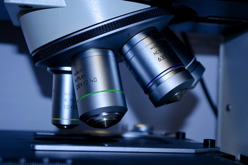
The goose that laid the biotech patent golden egg is in trouble with the U.S. Supreme Court. Ironically, it was the Supreme Court that helped spur the industry with the watershed Charkrabarty ruling in 1980. But what has been giveth, can also be taken away. Beginning with the 2013 Myriad decision, the Supreme Court has stripped back eligible subject matter for so-called “products of nature,” raising doubts regarding whether any significant patent protection is left for biotechnology inventions. The trend continues as recently as June 27, 2016, when the Supreme Court let the Federal Circuit decision in Sequenom stand, resulting in claims directed to noninvasive prenatal screening of fetal DNA remaining a patent-ineligible subject.
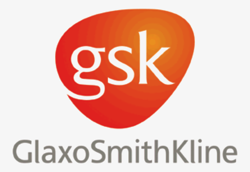
New GSK PARADE (patient rheumatoid arthritis data from the real world) app promises to ‘learn from real patients’.
Glaxo Smith Kline has released an app paired with a patient study developed to provide the pharmaceutical company with a wealth of information on how people cope with rheumatoid arthritis and inform new drug development.
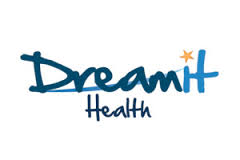
Dreamit Ventures’ accelerator has ditched the demo day, according to Chief Innovation Officer Steve Barsh. That’s not the only change the early-stage venture firm and accelerator has made of late.

Maryland may have seen investments from venture capitalists decrease in the second quarter, but a director at PwC says he is not concerned.

Medical science and bio technology has given second chances to so many lives, especially in the form of prostheses. Gone are the days where your life was over if you lost a limb or two. So to honour this achievement in human endurance and scientific method, we’ve made a list of ten body parts that could theoretically be replaced if lost.

When downtown department stores were common, shoppers could head to 9073 Center St. in Manassas for household goods, or as an ad in a 1929 issue of the Manassas Journal said, for “show boat” dresses.
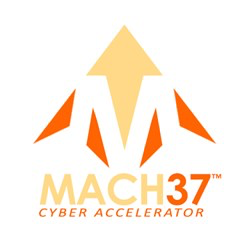
The University of Virginia’s College at Wise and the MACH37 Cyber Accelerator at the Center for Innovative Technology announced a new partnership Friday that aims to create cybersecurity employment and education opportunities in Southwest Virginia.
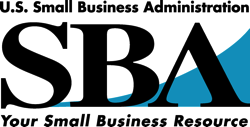
The U.S. Small Business Administration released its highly anticipated Small Business Innovation Research (SBIR) online tutorials to help small businesses navigate the SBIR program. The site provides users with a mobile-compatible site to learn about the program through a combination of videos and text. This platform will provide accessible program information and training resources to underrepresented areas. There is no registration or fee required and the courses are open to all.
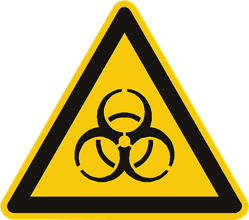
In a partnership between Cray and Deloitte Advisory Cyber Risk Services, the two bring subscription-based supercomputer power to security analytics capabilities.
The challenges of modern cyber-security are complex, so complex that a supercomputer can make a big difference. That's the hope of supercomputer vendor Cray and its partner Deloitte Advisory Cyber Risk Services.